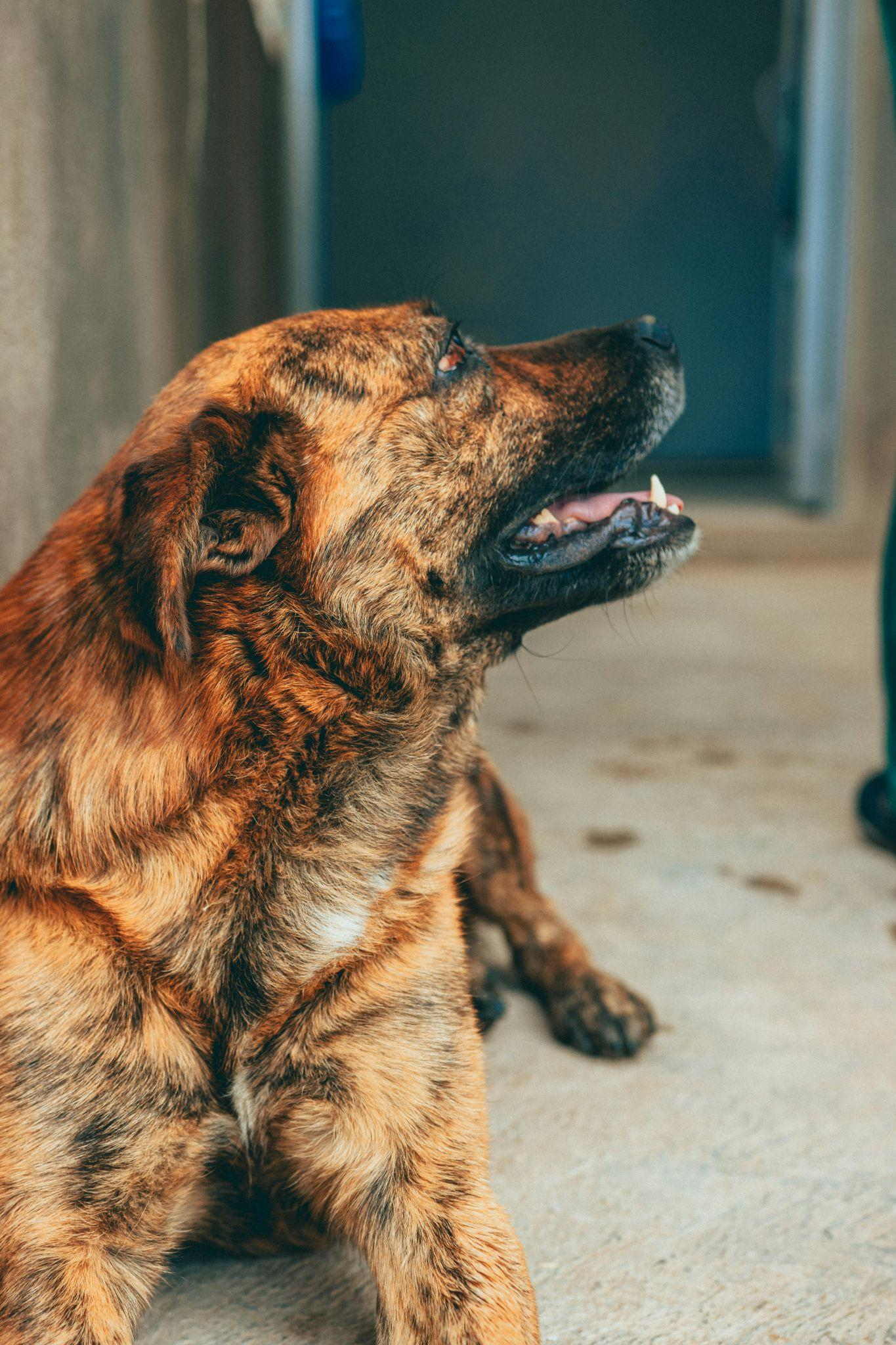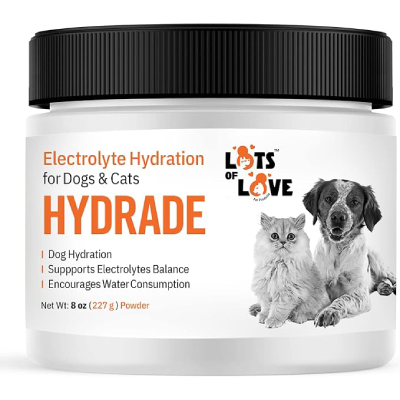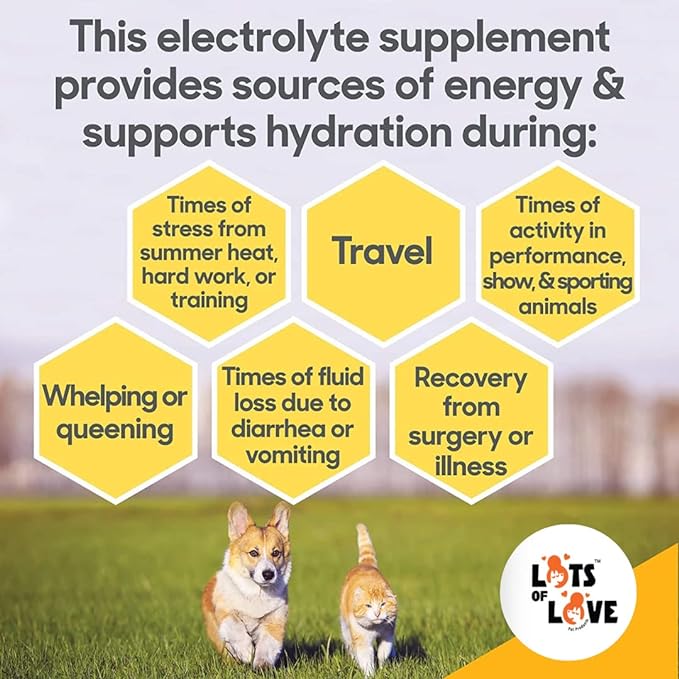Dehydration can become a serious issue in puppies. In extreme cases, a dehydrated puppy can experience organ failure, which can even lead to death. During the hot summer, puppies are more susceptible to overheating and dehydration because of increased sweating and panting.
How Dehydration Can Occur
Did you know puppies lose water throughout the day by urinating, defecating, panting, and even breathing? This is considered normal and doesn’t usually become a problem if the puppy replaces this water through eating and drinking. However, dehydration can occur when a puppy’s body starts losing more fluid than it’s taking in.
There are various signs of dehydration in puppies. Becoming familiar with the symptoms of a dehydrated puppy is key to catching and treating dehydration before it becomes a serious issue.
10 Signs & Symptoms of a Dehydrated Puppy
- One common symptom of dehydration is the loss of skin elasticity. To test the elasticity of the skin, gently lift the loose skin on the back of the puppy’s neck. A dehydrated puppy’s skin will not readily go back to its original place.
- Another symptom is Xerostomia (dry mouth) which causes dry, sticky gums and thick saliva. You can test the gums for capillary refill time by pressing your finger gently against your puppy’s gums and then removing your finger. In a hydrated puppy, the area where you pressed will appear white for a second and almost immediately return to a normal pink color. In a dehydrated puppy, the gums will appear white for much longer.
- Panting/fast breathing
- Lethargy/weakness
- Lack of appetite
- Vomiting/diarrhea
- Dry nose
- Sunken eyes
- Weak pulse
- Collapse/shock
Causes of Puppy Dehydration
There are various causes of dehydration in puppies. Persistent diarrhea and vomiting, heat stroke, fever, illness, and insufficient fluid intake can all lead to dehydration.
Caring for a Dehydrated Puppy
If a puppy is suffering from severe dehydration, you should seek immediate medical attention. A veterinarian may need to administer intravenous fluids to help replace lost fluids and prevent further fluid loss.
Mild cases of dehydration can often be treated at home. Access to cool, clean water is essential for maintaining hydration in puppies. If your puppy is not vomiting, you can administer an electrolyte solution to help rehydrate him. Replacing electrolytes is important for rehydration as dehydration causes electrolytes to be drawn out of the cells, leading to an electrolyte imbalance.
Lots of Love Pet Products understands the importance of keeping puppies hydrated. That’s why we developed an electrolyte replacement supplement called HydrADE to help maintain positive fluid levels during episodes of dehydration in puppies. It supports normal hydration and encourages water consumption during times of fluid loss. Plus, HydrADE contains amino acids, dextrose, and electrolytes for puppies!
If you suspect your puppy is dehydrated but aren’t sure what steps to take or how serious the issue is, you should always contact your veterinarian. They can assess your dehydrated puppy, quickly rehydrate him, and look for any underlying issues.
FAQs
Signs of dehydration in puppies include dry or sticky gums, sunken eyes, poor skin elasticity, lethargy, and excessive panting. They may also seem unusually tired or uninterested in food or play, which can indicate they need fluids.
To test for dehydration, gently pinch the skin on the back of the neck or shoulders; in a hydrated puppy, the skin should spring back quickly. If it stays tented or returns slowly, this could be a sign of dehydration.
A dry nose can indicate dehydration, though it’s also common in different weather conditions or after naps. Check for other symptoms like dry gums or lethargy to confirm dehydration, as a dry nose alone doesn’t always mean they need more fluids.
Start by offering your puppy fresh water and allow them to drink at their own pace. If symptoms persist, or if your puppy is very lethargic, has dry gums, or isn’t improving after hydrating, contact your vet for immediate advice.
Keep fresh water available at all times, especially after activity, playtime, or in hot weather. Encourage your puppy to take water breaks, and be mindful of the temperature in their environment, as puppies are sensitive to heat and can dehydrate quickly.

 DOG HEALTH SUPPLEMENTS
DOG HEALTH SUPPLEMENTS DOG DIGESTIVE SUPPLEMENTS
DOG DIGESTIVE SUPPLEMENTS EYE & EAR DROPS
EYE & EAR DROPS SKIN & COAT SUPPLEMENTS
SKIN & COAT SUPPLEMENTS CAT SUPPLEMENTS
CAT SUPPLEMENTS

